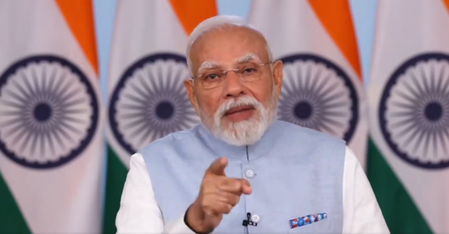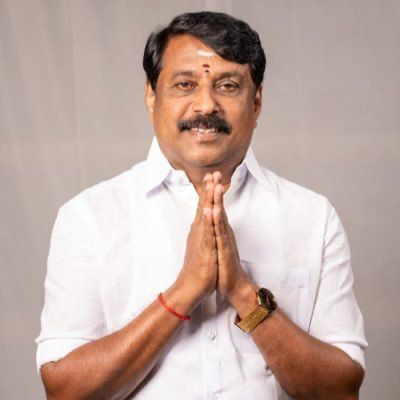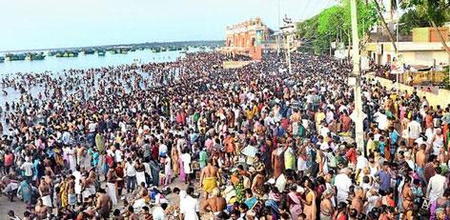
New Delhi, Sep 21 (IANS) Prime Minister Narendra Modi termed the implementation of next-generation Goods and Services Tax (GST) reforms from Monday, coinciding with the first day of Navratri, a major step towards Aatmanirbhar Bharat.
Addressing the nation on Sunday evening, the Prime Minister said: “From sunrise on September 22, a new chapter in India’s tax regime will begin”, as he described the reforms as the beginning of a “GST Savings Festival” that will directly benefit the poor, the middle class, women, small businesses, and the youth.
“With these reforms, savings of every Indian will increase, and people will be able to buy their preferred items more easily. This festive season, everyone’s happiness will multiply,” he said, adding that the new GST structure would boost India’s economic growth.
Reflecting on the journey of GST, the Prime Minister recalled the challenges before 2017, when India’s tax system was entangled in a web of levies such as excise, VAT, and octroi.
“For decades, our citizens and traders were caught in the maze of dozens of taxes. Moving goods from one city to another meant crossing multiple checkpoints, filing endless forms, and paying arbitrary tolls. The burden ultimately fell on the poor consumer,” he said.
Citing an example, PM Modi said that in 2014, a foreign newspaper had highlighted how a company found it easier to ship its goods from Bengaluru to Europe and then back to Hyderabad rather than directly sending them between the two cities, due to India’s complex tax structure.
He emphasised that the GST reform, launched in 2017 after extensive consultations with states and stakeholders, was a historic step in freeing the nation from such inefficiencies.
“It was the result of joint efforts of the Centre and states that the dream of One Nation, One Tax became reality,” PM Modi said.
Stressing that reforms must evolve with time, the Prime Minister noted that the new generation GST reforms are aimed at simplifying processes, reducing costs, and empowering every section of society.
“Reform is a continuous process. As times change, so must our systems. Tomorrow marks a new beginning,” he reiterated.
–IANS
sas/vd




